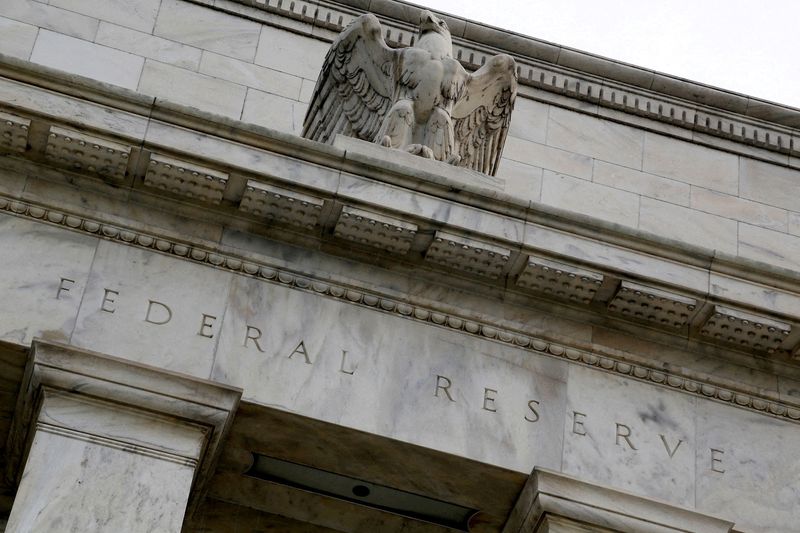(Reuters) - The U.S. Federal Reserve will materially alter or fully stop shrinking its massive $8.9 trillion balance sheet by mid-2023, more than a year earlier than market expectations, according to Swiss lender UBS.
The plans for balance sheet runoff will face several complications through 2023, leading the Fed to sharply slow or fully stop balance sheet reduction sometime around June 2023, economists at UBS led by Jonathan Pingle wrote in a note dated Oct 19.
"Starting last month, the monthly caps that limit the maximum pace of decline of the Fed's balance sheet increased," UBS said.
"This ratchet higher accelerated the reduction in the size of the Fed's balance sheet and will shrink reserves in the banking system at significantly faster pace."

The move to accelerate quantitative tightening (QT) is meant to further drain pandemic-era stimulus from the financial system and increase borrowing rates for long-dated assets to weaken inflation.
The head of the New York Fed's open markets account operations said last month that its previous experience with reducing its balance sheet will be a "useful guide" for assessing when the central bank should stop that process this time.